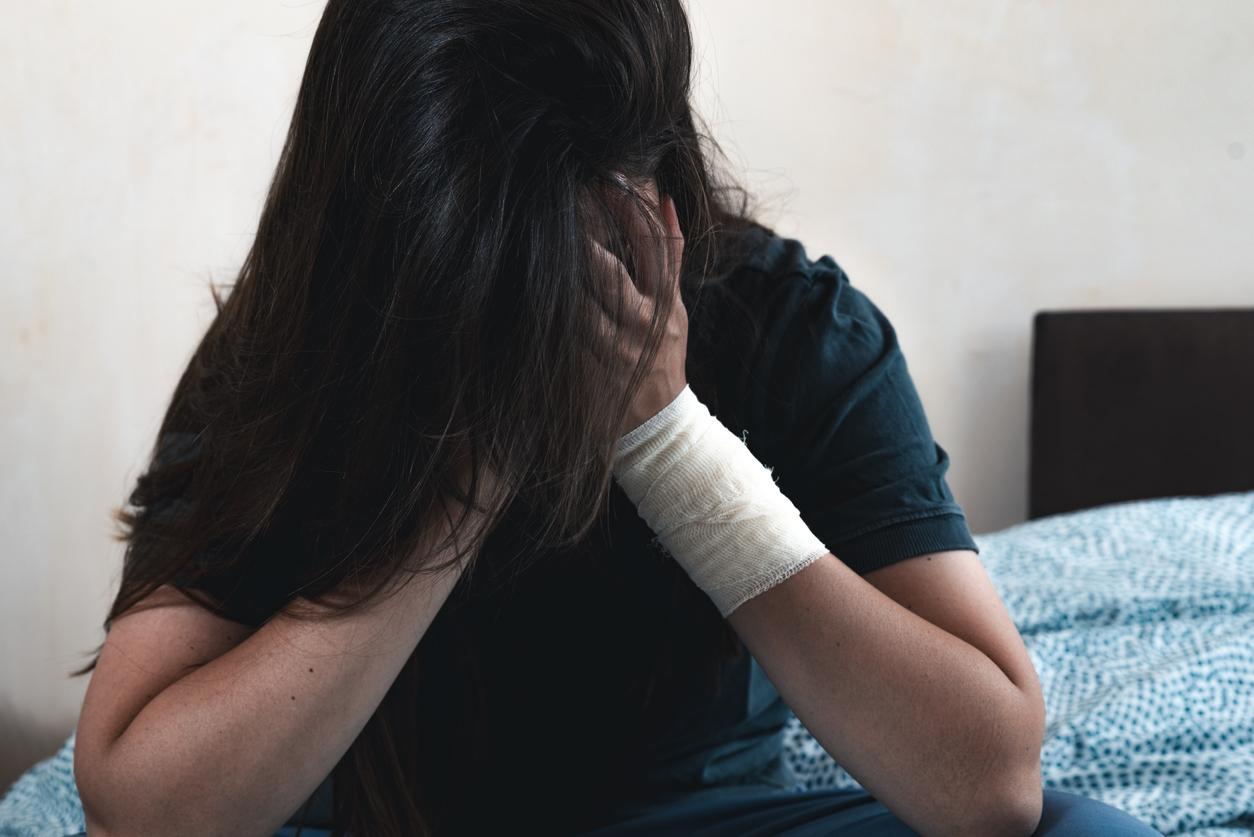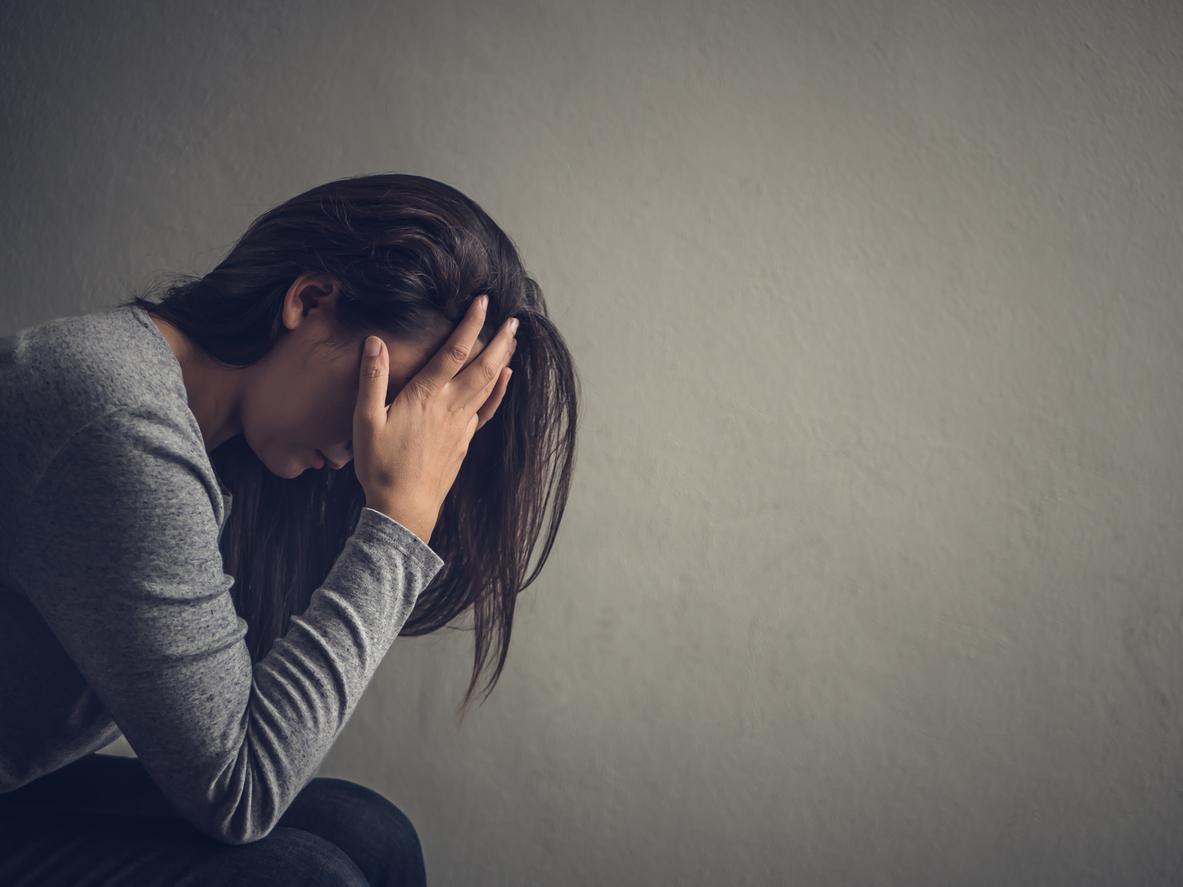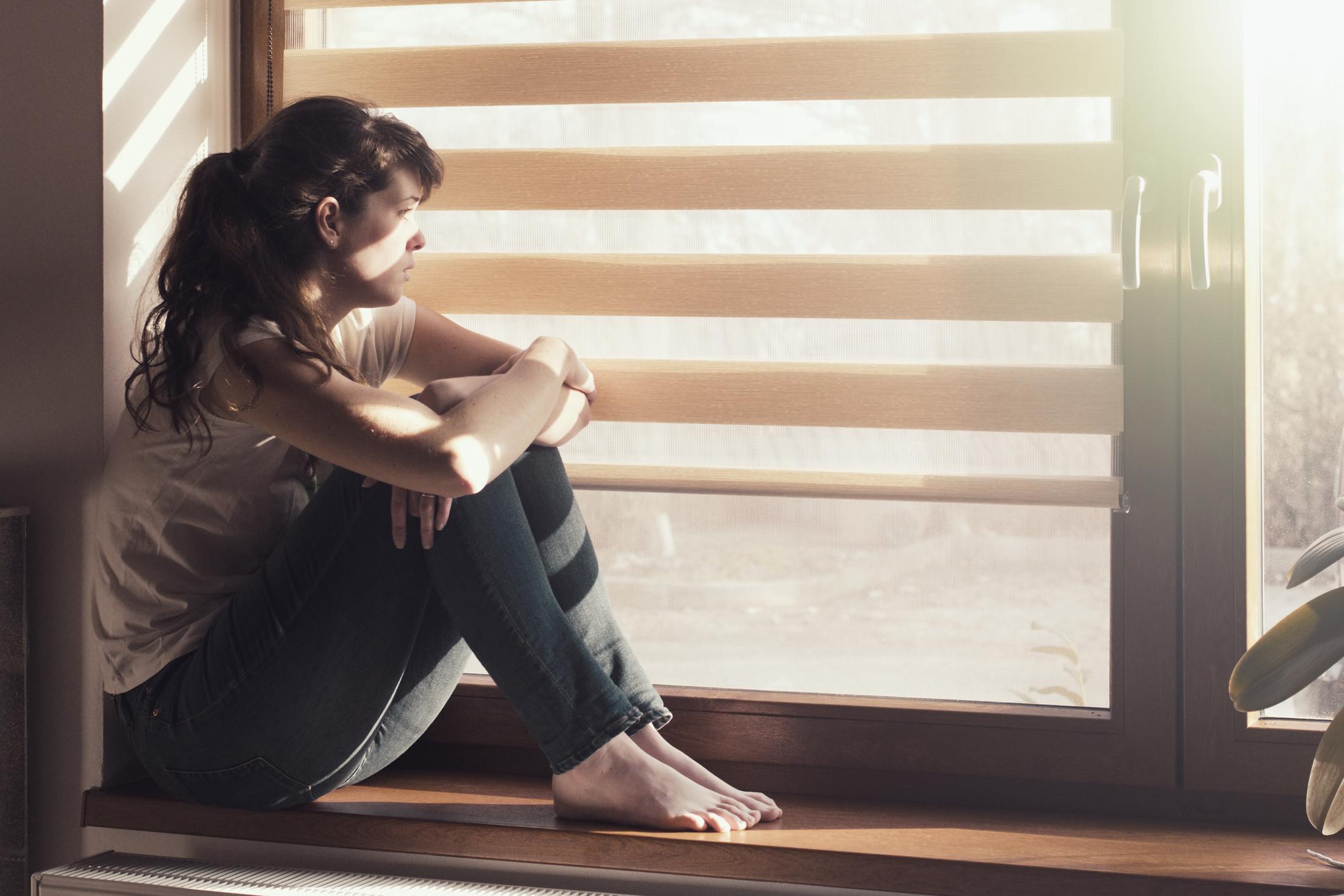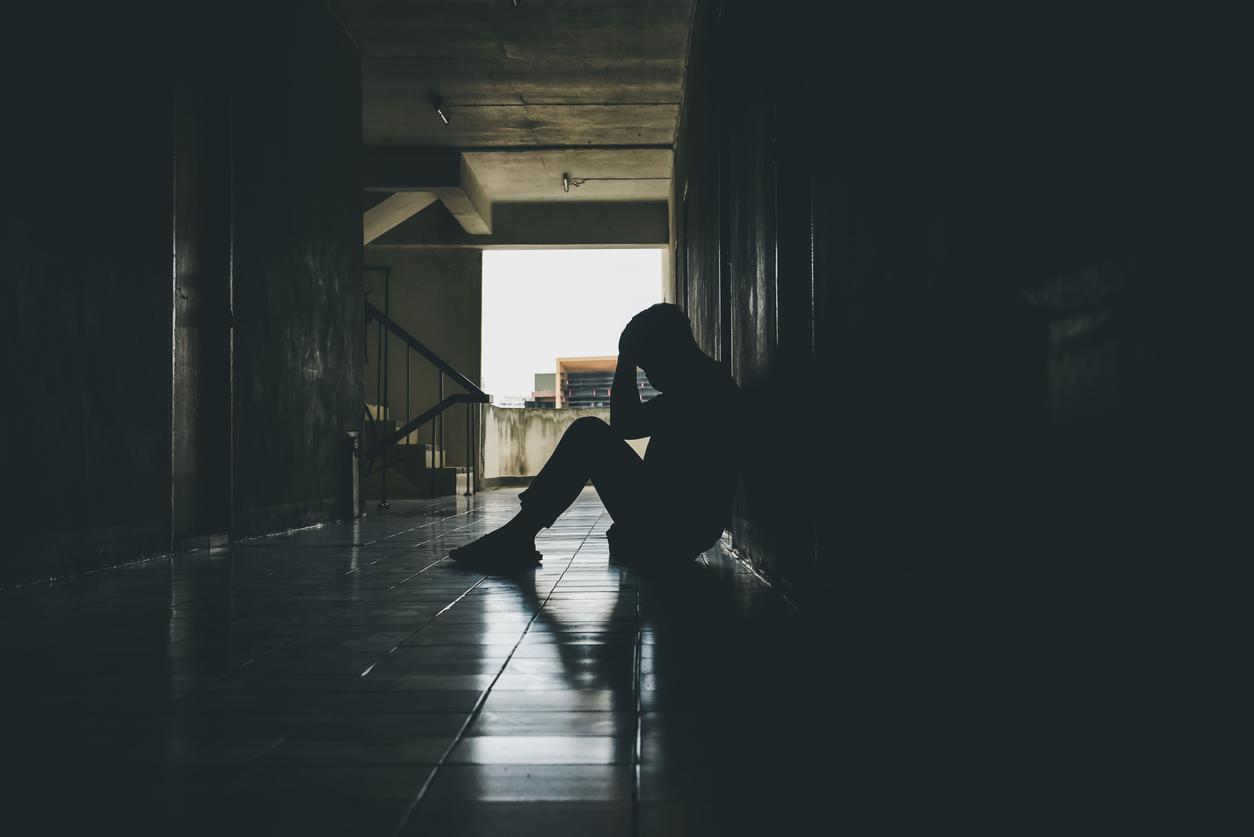Gay and bisexual people are twice as likely to have suicidal thoughts or self-harming behaviors, according to a new study from University College London (UCL).
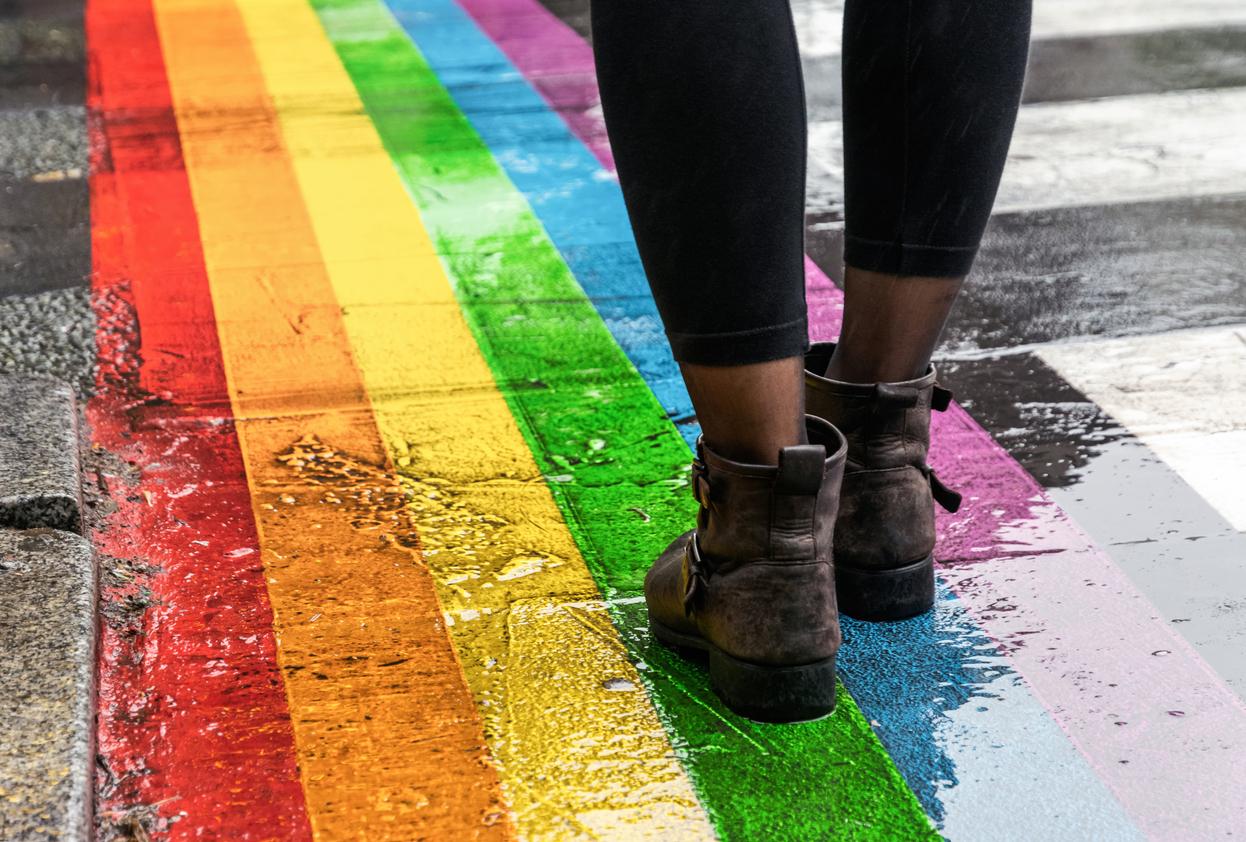
- Lesbian, gay and bisexual people are more than twice as likely to have suicidal thoughts or self-harming behaviors than their heterosexual peers.
- There was no improvement in these mental health disparities between 2007 and 2014.
- Researchers urge caregivers to rethink health services to improve their responses to the needs of LGBTQ people. In addition, they encourage us to question our attitudes towards sexual minorities in order to fight against discriminatory behavior.
In this month of pride – whose objective is to celebrate the LGBTQ + communities and fight against discrimination – a London study shows that work remains important to protect the mental and physical health of homosexual and bisexual people. According to results published in the journal Social Psychiatric Epiemiology on June 9, 2023, they are more likely to have suicidal thoughts.
Twice as many suicidal thoughts among homosexuals
After studying the combined data of two surveys of 10,443 English adults between 2007 and 2014, the researchers found that lesbians and gays are twice as likely to have suicidal thoughts as heterosexuals. s. They are also more likely to resort to self-harm. The same was true for bisexuals. Scientists have also found that depression, anxiety, and experiences of discrimination or bullying may contribute in part to these increased risks.
Another worrying point: there was no decrease in these mental health disparities between 2007 and 2014.
“While national surveys of UK attitudes towards same-sex relationships suggest that society has become more tolerant of people who are gay, lesbian or bisexual, there is clearly a long way to go, as the mental health outcomes that we are studying have not improved during our study period”alarmed lead author Dr Alexandra Pitman in a communicated.

LGBTQ+: Experienced discrimination impacts mental health
While they had already noticed an increased likelihood of depression, anxiety, alcohol abuse and drug addiction in homosexual or bisexual adults in previous studies, the researchers found in this study that half of the homosexuals questioned had been bullied in the past year. In addition, one in five has faced discrimination based on their sexual orientation. For bisexuals, nearly half have suffered bullying and one in ten have experienced discrimination.
“Sexual minority people continue to face more discrimination and intimidation than heterosexuals and are also more likely to experience common mental health issues such as depression and anxiety. Our study suggests that these experiences of discrimination and intimidation may have played a role in increasing the risk of suicide and this requires further research”says the researcher.
“Clinicians need to be aware of these issues, so that we can better support the mental health of LGB patients, while society as a whole also has a role to play in helping to reduce discrimination. Government agencies, schools, workplaces and individuals should all consider their own cultures and attitudes towards persons belonging to sexual minority groups and address discriminatory behavior”says the expert.
For the researchers, their results add up to “a disturbing image” health inequalities encountered by the homo and bi community. “Our health services need to be improved to meet the needs of LGBTQ+ people, as some may not feel comfortable disclosing their sexual orientation, which can make it difficult to understand their health and social needs. We also need to offer more mental health services specifically for LGBTQ+ people, ideally alongside community support”believes Garrett Kidd who also worked on the research.








